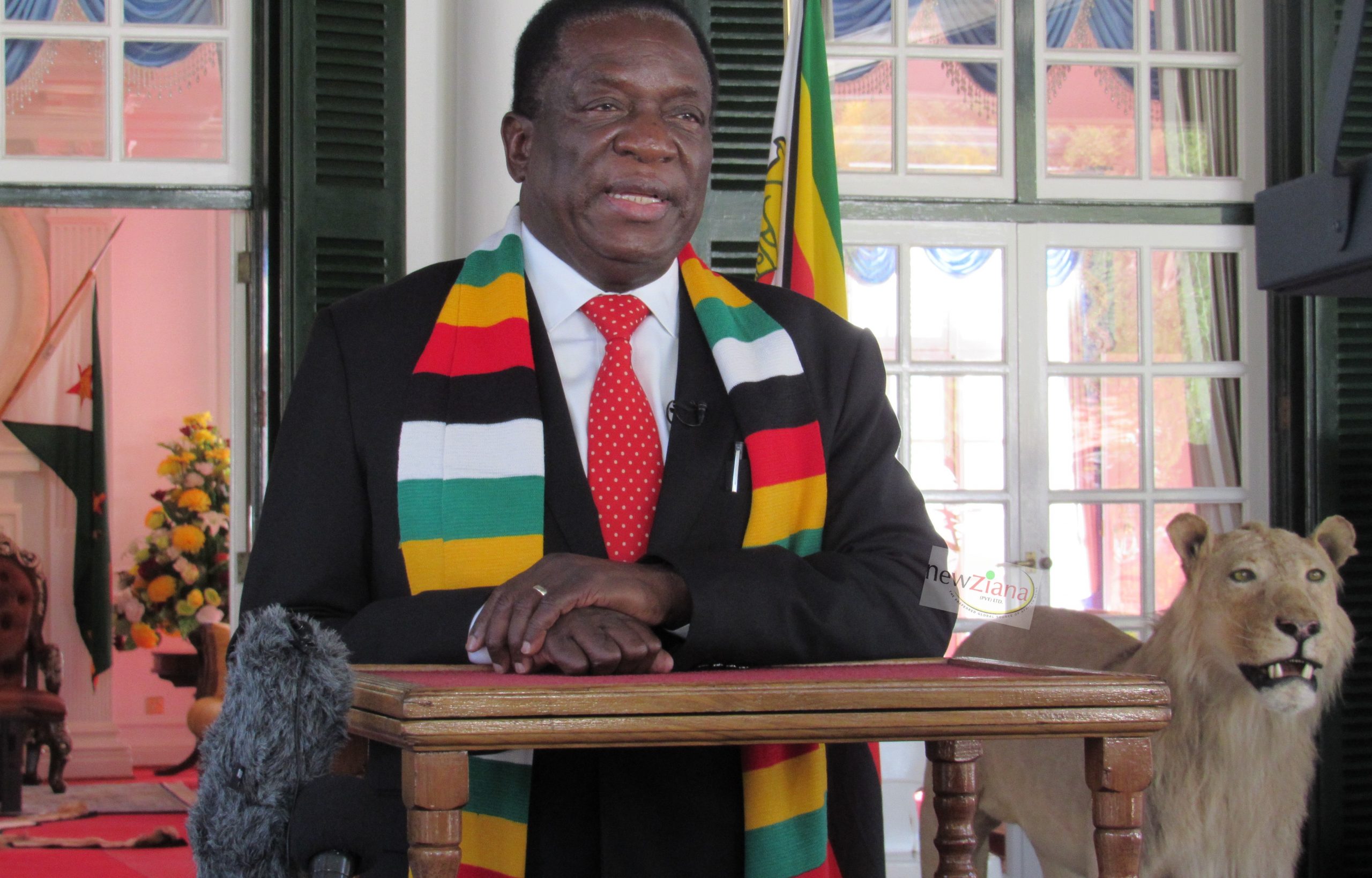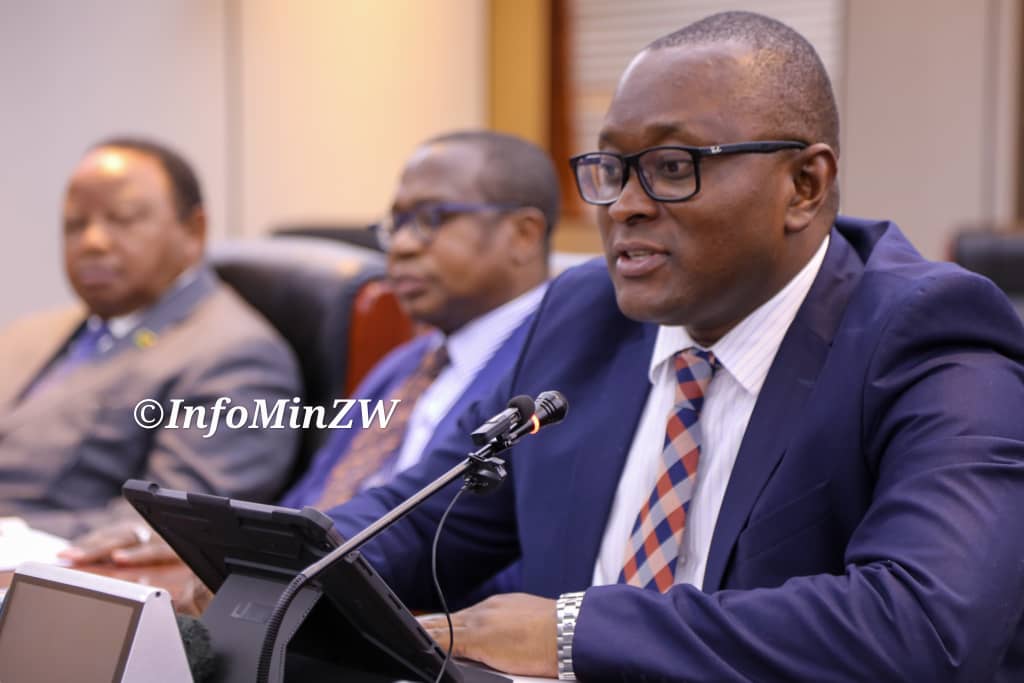Covid-19 restricted Zim’s debt servicing – Debt Office
Share

Harare, (New Ziana) – Zimbabwe made token payments of US$20.39 million to some of its debtors last year but failed to pay others owing to the outbreak of the Covid-19 pandemic which limited its capacity, the country’s debt office said on Tuesday.
The country’s total debt stood at US$10.7 billion at the end of December 2020, comprising of US$8.4 billion external debt, US$2.1billion Reserve Bank of Zimbabwe external debt and US$204 million domestic debt.
“In 2020, due to the Covid-19 pandemic, government faced challenges in making external debt service payments and hence, no token payments were made to the three (International financial institutions) IFIs namely; the World Bank Group, African Development Bank and European Investment Bank,” said George Guvamatanga, who is the Permanent Secretary in the Ministry of Finance and Economic Development and chairperson of the External and Domestic Debt Management Committee.
The payments were made to the China Exim Bank which got US$17.1 million, International Fund for Agricultural Development (US$2.2 million), US$0.92 million to the OPEC Fund for International Development and US$0.17 million to the Arab Bank for Economic Development in Africa.
Guvamatanga said the advent of the Covid-19 pandemic called for prudent debt management in raising financial resources to mitigate its effects, while avoiding worsening the country’s already unsustainable debt levels.
“The COVID-19 pandemic compounded the country’s limited access to external development financing due to the accumulation of external debt payment arrears, resulting in continued resort to domestic sources for budget financing to mitigate the effects of the pandemic,” he said.
Guvamatanga acknowledged support received from development partners during the period.
He said Zimbabwe continued to implement its medium term debt strategy which focuses on among others limiting non-concessional borrowing to finance economically viable projects, prioritising token payments to Multilateral Development Banks (MDBs) and payments to creditors with active portfolios, and continued re-engagement with the MDBs.
New Ziana









